Posts Tagged ‘Human Rights’ (685 found)
Displaced Communities Await Political Dialogue in Myanmar
Bangkok/Yangon – As Myanmar’s government prepares to host the ASEAN Summit next week, conflict-affected communities are wondering if and how the peace process can get back on track. Negotiations for a nationwide ceasefire agreement are stumbling and national elections are due at the end of 2015. However, political dialogue to address ethnic conflict is essential to promote national reconciliation according to a new report from a consortium of relief and development agencies. […]
• • •Myanmar: Further Information: Activist Organization Targeted again
Two members of the Movement for Democracy Current Force (MDCF) have been given jail terms for peacefully exercising their rights to freedom of expression and peaceful assembly. They must be immediately and unconditionally released. Charges against a third person, who is married to one of the MDCF members and was exercising her right to peaceful protest, should be dropped […]
• • •Myanmar: UN Human Rights Expert Commends Reforms to Date, but Warns of Risks of Backtracking
NEW YORK / GENEVA (29 October 2014) – The new United Nations Special Rapporteur on the human rights situation in Myanmar, Yanghee Lee, commended the process of reform that has improved the political, economic social and human rights landscape over the past three years, but said that “more is required if gains are to be genuine, sustainable and win the support of the people of Myanmar.” […]
• • •BURMA: Killing of Mr. Aung Kyaw Naing
The Observatory for the Protection of Human Rights Defenders, a joint programme of the International Federation for Human Rights (FIDH) and the World Organisation Against Torture (OMCT), requests your urgent intervention in the following situation in Burma […]
• • •Pro-Business or Pro-Poor?
 Making Sense of recently unveiled Draft National Land Use Policy
Making Sense of recently unveiled Draft National Land Use Policy
October 18, 2014 saw the official unveiling by the government of the Republic of the Union of Myanmar of its much-awaited draft national land use policy. Once it is finalized, the new policy will guide the establishment of a new overarching framework for the governance of tenure of land and related natural resources like forests for years to come. As such, it is of vital importance.
This preliminary assessment aims to shed light on the key aspects of the draft policy and its potential implications for the country’s majority rural working poor, especially its ethnic minority peoples, although they are not the only ones whose future prospects hinge on how this policy making process will unfold. […]
• • •Myanmar: The Politics of Rakhine State
The situation in Rakhine State contains a toxic mixture of historical centre-periphery tensions, serious intercommunal and inter-religious conflict with minority Muslim communities, and extreme poverty and under-development. This led to major violence in 2012 and further sporadic outbreaks since then. The political temperature is high, and likely to increase as Myanmar moves closer to national elections at the end of 2015. It represents a significant threat to the overall success of the transition, and has severely damaged the reputation of the government when it most needs international support and investment. Any policy approach must start from the recognition that there will be no easy fixes or quick solutions. The problems faced by Rakhine State are rooted in decades of armed violence, authoritarian rule and state-society conflict. This crisis has affected the whole of the state and all communities within it. It requires a sustained and multi-pronged response, as well as critical humanitarian and protection interventions in the interim […]
• • •Media Release – Myanmar: The Politics of Rakhine State
The highly volatile situation in Myanmar’s Rakhine State adds dangerously to the country’s political and religious tensions. Long-term, incremental solutions are critical for the future of Rakhine State and the country as a whole […]
• • •
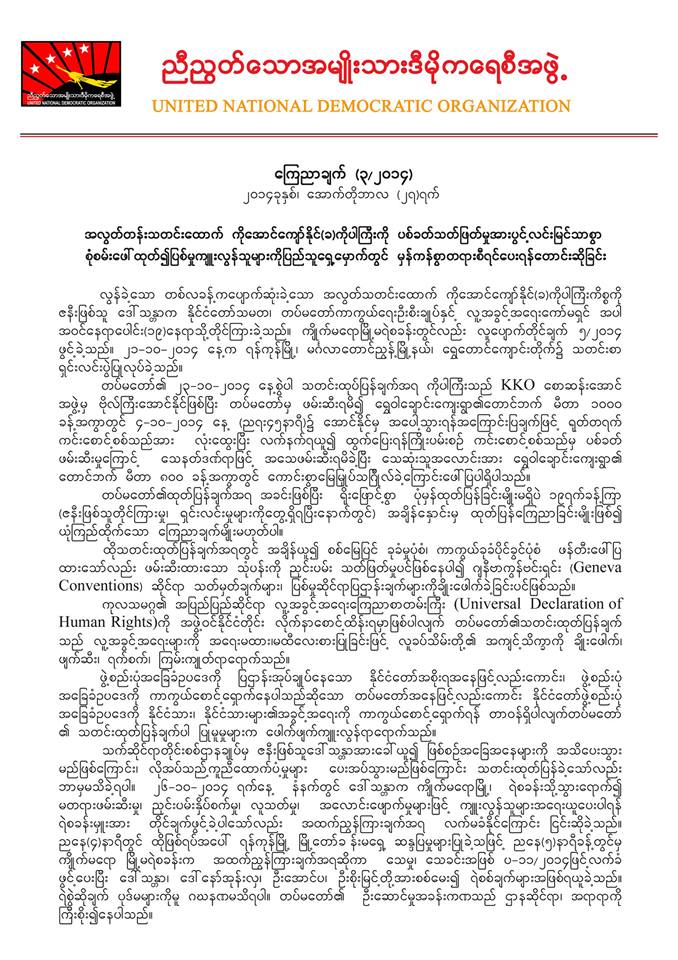
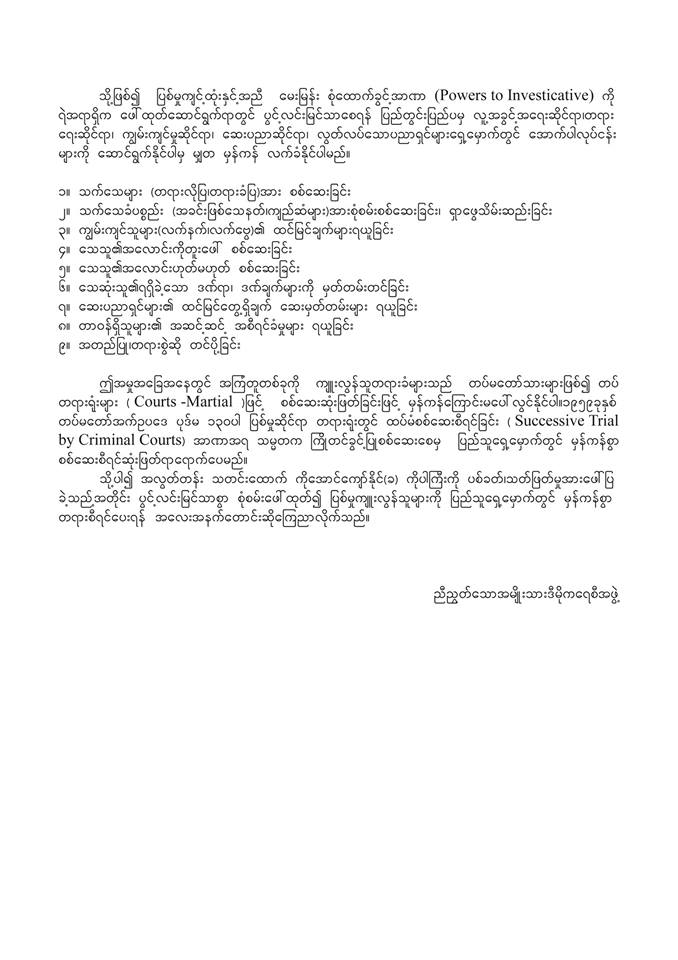
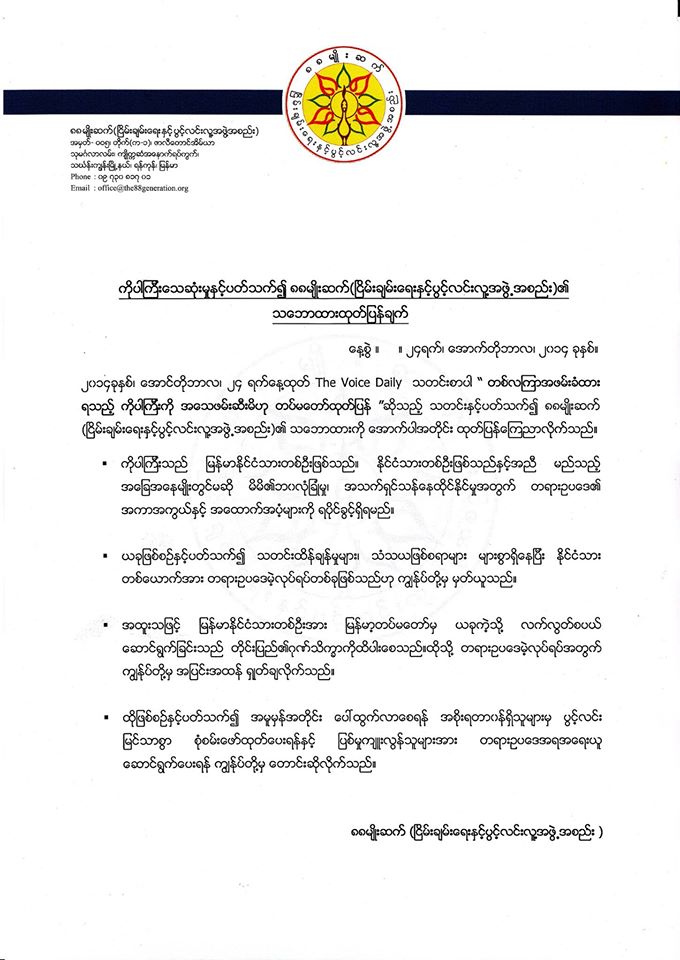
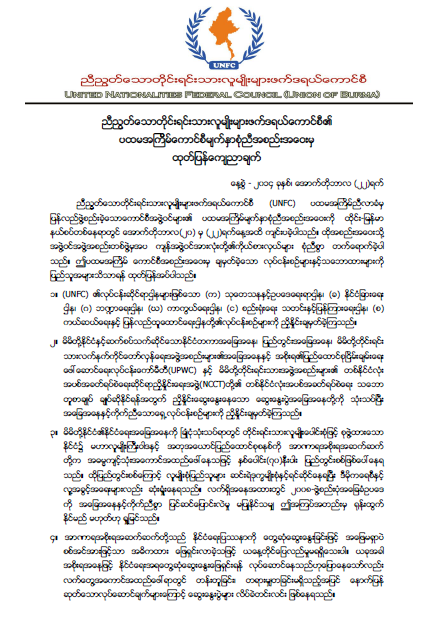
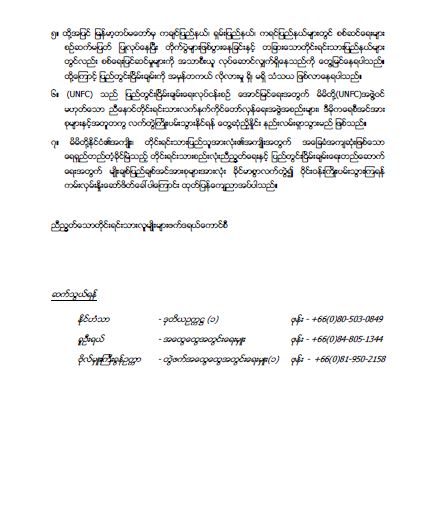
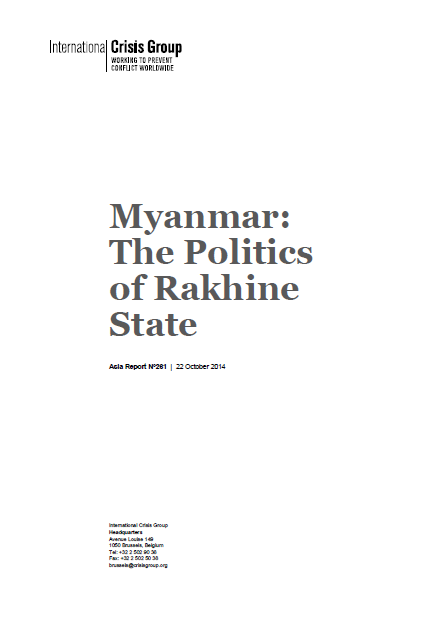








 All posts
All posts